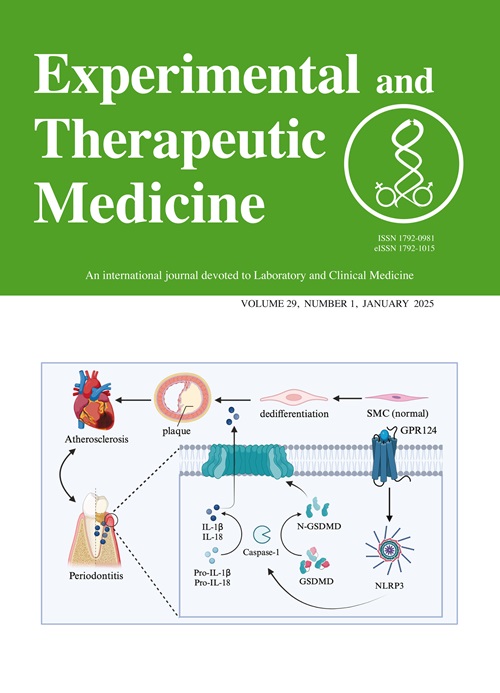用糖皮质激素成功治疗免疫检查点抑制剂诱发的消化性溃疡:三例病例报告和文献综述。
IF 2.3
4区 医学
Q3 MEDICINE, RESEARCH & EXPERIMENTAL
引用次数: 0
摘要
近几十年来,免疫检查点抑制剂(ICIs)逐渐成为某些肿瘤患者常规化疗和放疗的更安全、破坏性更小的替代疗法。ICIs 通过操纵免疫系统识别和靶向肿瘤细胞,与传统疗法一起发挥协同作用。然而,过度激活免疫系统可能会导致与免疫相关的不良反应,包括肺炎、心肌炎和结肠炎,带来严重甚至致命的风险。在本病例系列中,介绍了三例胸腔肿瘤患者因程序性细胞死亡蛋白 1 抗体(经消化道内窥镜检查确诊)诱发 ICI 消化性溃疡的病例。这些病例均成功接受了皮质类固醇治疗。这些患者的诊断和治疗过程强调了全面了解 ICI 诱发消化性溃疡机制的必要性。此外,本研究还回顾了相关文献。本文章由计算机程序翻译,如有差异,请以英文原文为准。
Peptic ulcer induced by immune checkpoint inhibitors successfully treated with glucocorticoids: A report of three cases and a literature review.
In recent decades, immune checkpoint inhibitors (ICIs) have emerged as safer and less disruptive alternatives to conventional chemotherapy and radiotherapy for certain patients with tumours. ICIs serve a synergistic role alongside conventional therapies by manipulating the immune system to recognise and target tumour cells. However, excessive activation of the immune system can lead to immune-related adverse events including pneumonia, myocarditis and colitis, which pose serious and even fatal risks. In the present case series, three patients with a thoracic tumour with an ICI-induced peptic ulcer triggered by programmed cell death protein 1 antibodies (diagnosed by gastrointestinal endoscopy) are presented. These cases were successfully treated with corticosteroids. The diagnostic and treatment processes undertaken for these patients underscore the requirement to comprehensively understand the mechanism of ICI-induced peptic ulcer. Moreover, the relevant literature was also reviewed in the present study.
求助全文
通过发布文献求助,成功后即可免费获取论文全文。
去求助
来源期刊

Experimental and therapeutic medicine
MEDICINE, RESEARCH & EXPERIMENTAL-
CiteScore
1.50
自引率
0.00%
发文量
570
审稿时长
1 months
期刊介绍:
 求助内容:
求助内容: 应助结果提醒方式:
应助结果提醒方式:


